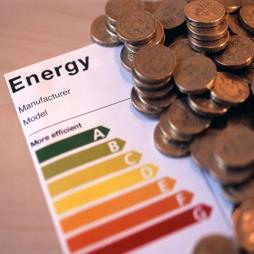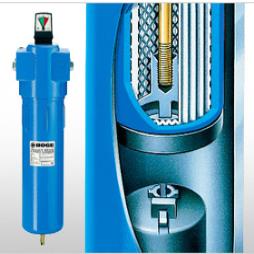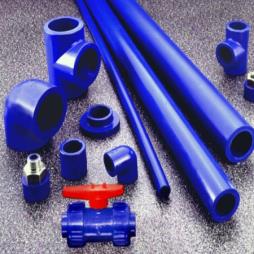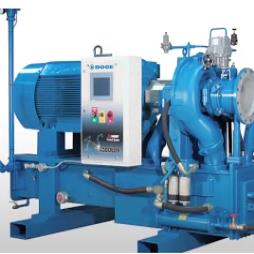Why you need an energy audit
17-09-2013
We’d all like to think that we’re switched on to environmental concerns, and the importance of reducing our energy usage to ensure a better world for tomorrow. While not necessarily the most convenient of problems, plant owners in 2013 are more attuned to monitoring their carbon footprint than the same owners ten years ago.
As a result, most plants and factories you visit today will have some kind of energy-saving scheme in place, a series of measures designed to reduce a company’s overall carbon footprint. These are sometimes drawn up in conjunction with a professional or based on the plant owner’s own knowledge.
Unfortunately, despite the best intentions, every plant will suffer from some degree of energy wastage. Be it due to a missed inefficiency, a faulty piece of equipment or just the effects of time on your compressed air systems, there’s a high chance you’ll be losing money somewhere.
That is why regular energy audits are essential. Hiring a professional to carry out an energy audit can identify any hidden problems that might be increasing your energy consumption, providing you with the tools you need to make your plant as efficient as it can be.
Here are a few more reasons to consider carrying out an energy audit:
Companies with large carbon footprints face fines
The Environment Agency frequently monitors the energy output of companies, requiring regular readings to determine how much carbon a single business is emitting. Although most companies will fall into the ‘acceptable’ bracket, high levels of carbon emissions can lead to large fines.
Another area of caution when dealing with the Environment Agency is the accuracy of your energy readings. An inaccurate estimation of energy usage can lead to further fines. An energy audit can both reduce levels of carbon emissions and help you measure your emissions more accurately.
Energy audits improve profit margins
Some business owners might consider energy audits to be an unnecessary cost at a time when most businesses are struggling to even afford necessary items on their expenses sheet.
The initial cost of an energy audit is justified by the sheer amount of savings it can lead to in the future, however. It’s estimated that a compressed air energy audit could result in up to 35% savings.
Compressed air is a bigger energy drain than you might think
Air compressors are generally thought of as being one of the cleaner sources of energy, but this presumption betrays the fact that compressed air actually accounts for 10% of ALL industrial energy used.
Part of that figure comes from the sheer amount of energy required to power a large compressed air system, but it’s also down to undiagnosed inefficiencies in compressed air systems such as leaking pipework. Identifying these inefficiencies with an energy audit helps to reduce the cost of compressed air substantially.
For more information on energy audits, get in touch with Excel Compressors today.Visit the Excel Compressor Engineering Ltd website for more information on Why you need an energy audit






